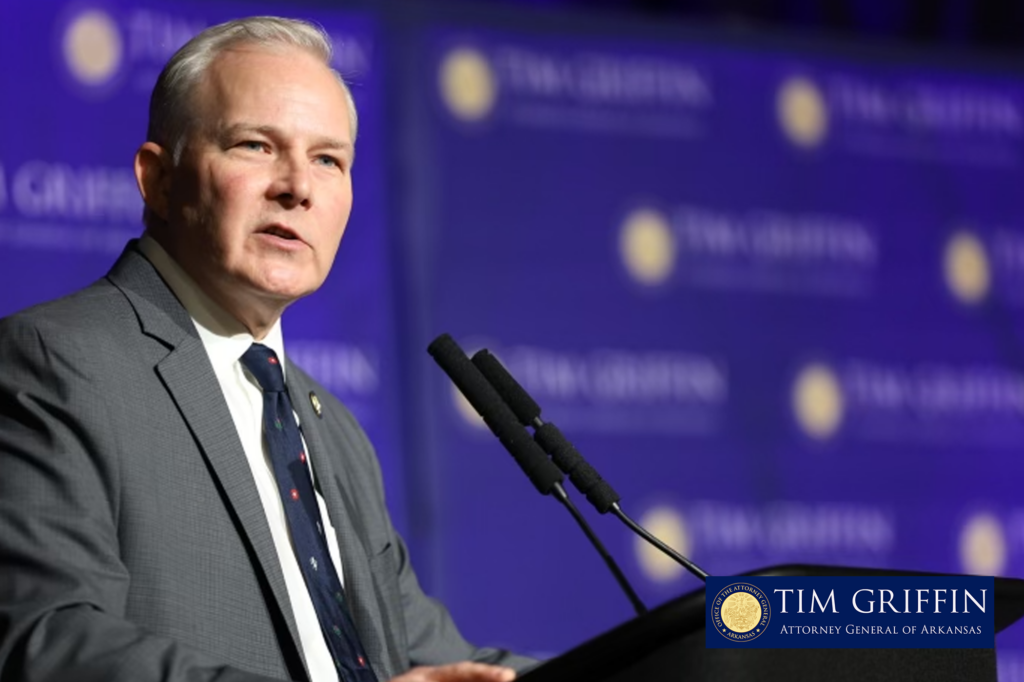Willyard was born in Puerto Rico and moved to Chicago when she was 7 years old. In high school, her family moved to a northern suburb because of safety concerns.
While Willyard’s family has a history of military service, her path to wearing our nation’s uniform started as a result of trying to avoid an angry teacher who was upset she did not complete her homework.
“This voice came over the intercom – juniors and seniors are excused from classes to take the ASVAB. I didn’t know what the ASVAB was. I just knew it was like manna from heaven and off I went,” she said.
She quickly learned the exam was the Armed Services Vocational Aptitude Battery, an indicator of future success in the miliary.
“I did very well. Got lots of calls and visited with recruiters. At that point I had thought of my future. We talked about community college. I wanted to be a journalist. I also wanted to be a teacher and I ended up joining the Air Force,” Willyard said. “I was 16 and shallow still and didn’t think green looked very good on me,” she laughed.
Willyard said her mom was supportive, but her stepdad was horrified because he didn’t think military service was something young women should pursue.
After graduating high school in May, Willyard started service in the Air Force in November and attended basic training at Lackland Air Force Base, San Antonio.
Her uncles who served in uniform advised her to stay under the radar. This included getting a bunk furthest away from the training instructor’s office. She followed the advice, but wasn’t there for long after she confronted another airman who was making the unit late to morning formation because she was curling her hair.
“We were so involved in our conversation that we didn’t even notice our training instructor was there until he yelled,” Willyard said. “He looked at me and he goes ‘You want to be in charge? You want my job?’ And I said ‘Sir, no sir.’”
The instructor made her squad leader and she was moved to the bed closest to his office.
Following basic training, Willyard was assigned to medical administration and continued her education at Sheppard Air Force Base, Texas. She found the classes interesting and appreciated the freedom and community feel of the base.
“It was the best time of my life.”
She calls the people she was training with family, so much so that when she received her first-choice duty station at a base in California, she was devastated to see a friend’s disappointment about her assignment to England Air Force Base, Louisiana.
“That girl cried for two days and it broke my heart,” Willyard said. Her empathy and compassion led her to trade assignment locations with her friend.
In Louisiana, Willyard worked in medical records where she helped organize and sort patient files.
“I also learned valuable lessons about customer service. You picked up the phone and you picked it up on the first ring. And you didn’t know if you were going to be talking to another airman like yourself or if you were going to be talking to a full bird colonel,” she said.
She surrounded herself with mentors who aimed to see her do well and taught her skills that she still uses today.
Her time in uniform is something that has been valuable to her life and work. She says it opened doors for her and she encourages those interested in military service to be ready for hard and rewarding work.
“I tell them be prepared to sacrifice because it’s not about you. It’s about the mission and you’re choosing an occupation with so much honor and history. This country wouldn’t be here if it weren’t for soldiers, so you need to respect that. It’s not just a job, it’s a lifestyle. It’s not something you should go into lightly,” she said. “And enjoy it.”
Today, Willyard lives in Northwest Arkansas and has found a calling to give back to her fellow veterans. She served in the Washington County Veteran Service Office before joining Boozman’s staff where she supports the needs of active-duty military, veterans and their families.
“I’m grateful for Maddie Willyard’s service to our country in uniform and her continued support of her fellow veterans. We can be proud of her advocacy of the military and the important role it has had in her life. I’m pleased to preserve her memories of service,” Boozman said.
Boozman submitted Willyard’s entire interview to the Veterans History Project, an initiative of the Library of Congress’s American Folklife Center to collect and retain the oral histories of our nation’s veterans.






















